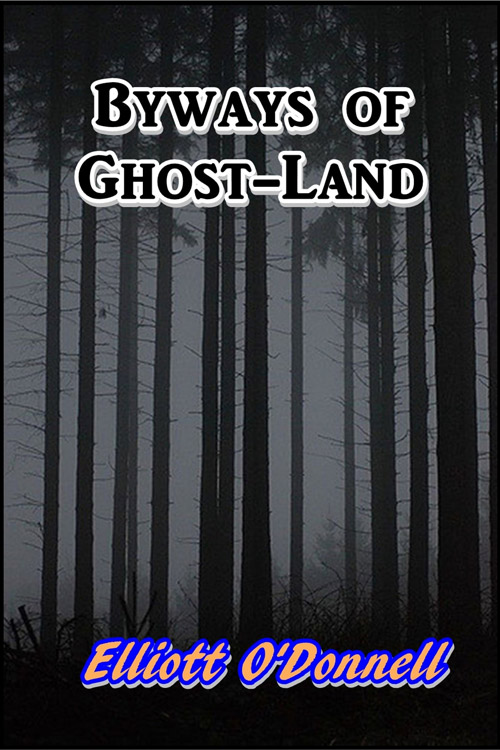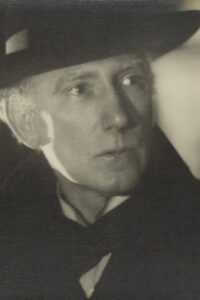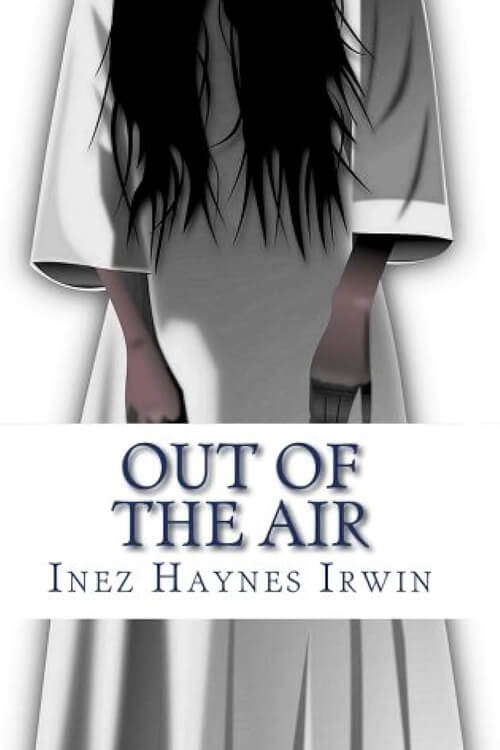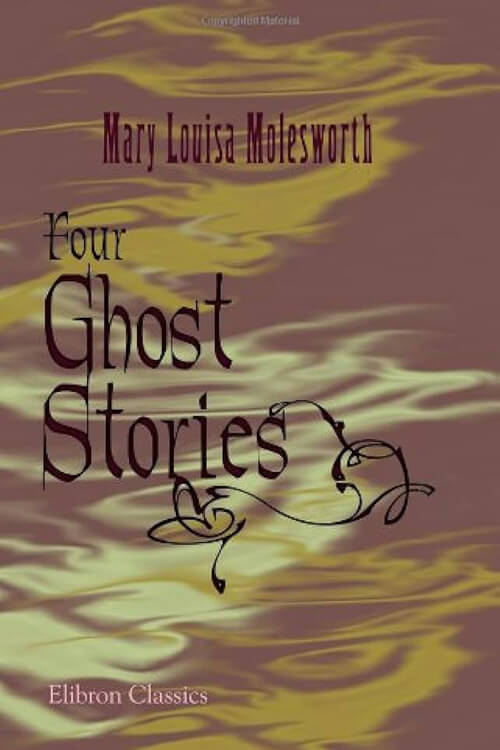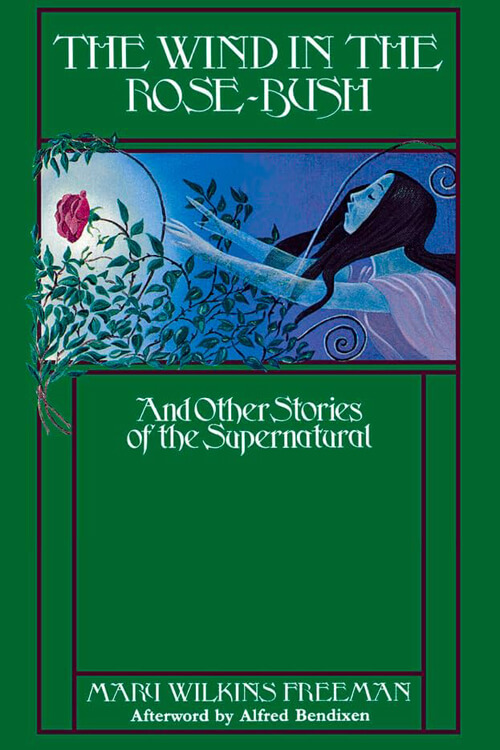
Byways of Ghost-Land
One knows that this whitish substance is the centre of the nervous system. The seat of consciousness and volition, and from the constant study of character by type or by phrenology, one may even go on to deduce with the reason that in this protoplasmic substance—in each of the numerous cells into which it is divided and subdivided—is located the human faculties. Hence, it would seem that one may rationally conclude that all man’s vital force, all that comprises his mind—i.e., the power in him that conceives, remembers, reasons, wills—is so wrapped up in the actual matter of his cerebrum as to be incapable of existing apart from it; and that as a natural sequence thereto, on the dissolution of the brain, the mind and everything about the mind dies with it—there is no future life because there is nothing left to survive.
Such a condition, if destruction can be so named, is the only conclusion to the doctrine that mind—crude, undiagnosed mind—is dependent on matter, a principle confirmed by the apparent facts that injury to the skull is accompanied by unconsciousness and protracted loss of memory, and that the sanity of the individual is entirely contingent upon the state of his cerebral matter—a clot of blood in one of the cerebral veins, or the unhealthy condition of a cell, being in itself sufficient to bring about a complete mental metamorphose, and, in common parlance, to produce madness. In the deepest of sleep, too, when there is less blood in the cerebral veins, the muscles are generally relaxed, the pulse is slower, and the respiratory movements are fewer in number, consciousness departs, and the man lapses into a state of absolute nothingness which materialists, not unreasonably, presume must be akin to death.
It would appear, then, that our mental faculties are entirely regulated by, and consequently, wholly dependent on, the material within our brain cells, and that, granted certain conditions of that material, we have consciousness, and that, without those conditions, we have no consciousness—in other words, “our minds cease to exist.” Hence, there is no such thing as separate spiritual existence; the mind is merely an eventuality of matter, and when the latter perishes, the former perishes, too. Nothing, absolutely nothing, can exist apart from the physical.
Read or download Book
Elliott O'Donnell
Elliott O’Donnell (27 February 1872 – 8 May 1965) was an English author known primarily for his books about ghosts.
Biography.
He claimed to have seen a ghost, described as an elemental figure covered with spots when he was five. He also claimed to have been strangled by a mysterious phantom in Dublin (however, no permanent effect would seem to have been suffered). He was born in England in Clifton (near Bristol), the son of Irishman Reverend Henry O’Donnell (1827–1873) and Englishwoman Elizabeth Mousley (née Harrison); he had three older siblings, Henry O’Donnell, Helena O’Donnell and Petronella O’Donnell. After the birth of his fourth child, the Rev. Henry O’Donnell travelled to Abyssinia while awaiting advancement to a new parish.
Here, he was said to have been attacked by a gang and robbed and murdered. Elliott O’Donnell claimed descent from Irish chieftains of ancient times, including Niall of the Nine Hostages and Red Hugh, who fought the English in the sixteenth century. O’Donnell was educated at Clifton College in Bristol, England, and later at Queen’s Service Academy, Dublin, Ireland. Intending initially to take entry exams at the Royal Military Academy at Sandhurst to join the Royal Irish Constabulary (RIC), he travelled in the United States instead, working on a cattle range in Oregon and becoming a policeman during the Chicago Railway Strike of 1894. Returning to England on the SS Elbe, he worked as a schoolmaster and trained for theatre in London at the Henry Neville Studio, Oxford Street. In 1905, he married Ada O’Donnell (1870–1937) and served in the British army in World War I, later acting on stage and in movies. His first book, written in his spare time, was a psychic thriller titled For Satan’s Sake (1904). From this time onward, he worked as a writer.
He wrote several popular novels, including an occult fantasy, The Sorcery Club (1912), but specialized in what were claimed to be true stories of ghosts and hauntings. These were immensely popular, but his flamboyant style and amazing stories suggest that he combined fact with fiction. O’Donnell wrote for numerous magazines, including Hutchinson Story Magazine, The Novel Magazine, The Idler, Weekly Tale-Teller, Hutchinson’s Mystery-Story Magazine, Pearson’s Magazine, Lilliput, and Weird Tales (the last during 1930).

